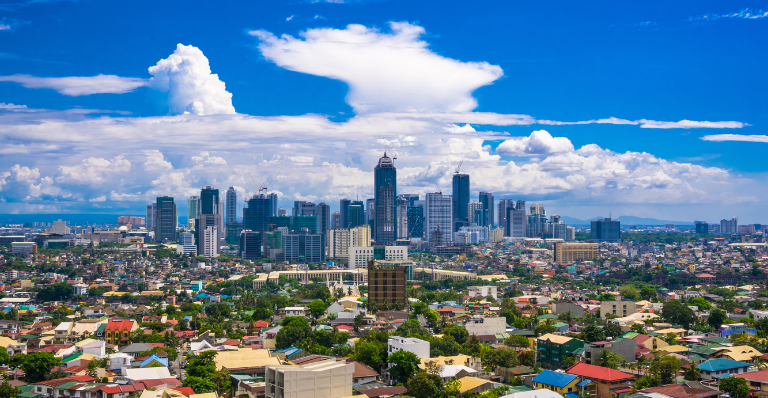The Philippines is setting ambitious targets to decarbonize its economy and boost its renewable energy share to 35% by 2030 and 50% by 2040. This commitment to sustainability opens up meaningful opportunities for Canadian cleantech companies, particularly those specializing in solar, wind, hydroelectric and waste-to-energy technologies. There’s also a demand for micro-grid or off-grid electricity solutions beyond the main islands. While nuclear energy solutions are still in their infancy, they hold potential for future collaboration and investment.
With the modernization of the Filipino economy, the digital sector is growing rapidly. In 2023, the digital economy expanded by 7.7% to more than 8% of GDP. This surge in digitization presents numerous opportunities in digital infrastructure, including cybersecurity, software development and telecommunications. Furthermore, the rise of digital services in banking, health care and education offers lucrative prospects for Canadian technology companies. The Philippines’ expertise in business process outsourcing services also positions it as a promising market for enterprise applications, data storage, and processing solutions.
While the Philippines offers numerous opportunities, it also presents challenges typical of emerging markets. Infrastructure issues such as traffic and port congestion, along with high power and internet costs, can pose operational risks. The country’s complex regulatory environment requires careful navigation. Exporters must also remain vigilant about geopolitical risks, including territorial disputes with China. And, natural disasters such as typhoons and floods can disrupt business operations by damaging infrastructure and creating logistical hurdles.
The bottom line
The opportunities awaiting Canadian exporters in the Philippines are as vast and diverse as the country’s islands. A dynamic consumer market offers fertile ground for Canadian businesses looking to expand their international presence and tap the surging demand of this fast-growing corner of the world. While challenges exist, strategic navigation, partnerships and diligent risk management can unlock significant potential. But Canada must act swiftly to seize these opportunities, or risk losing out to competitors.
Export Development Canada (EDC) recently opened representation in Manila. If you want to know more about doing business in the Philippines, please contact Chia Wan Liew, our chief representative, who oversees the Filipino market.
This week, a very special thanks to Nadeem Rizwan, economist in our Economics department.
As always, at EDC Economics, we value your feedback. If you have ideas for topics that you’d like us to explore, please email us at economics@edc.ca and we’ll do our best to cover them.
















